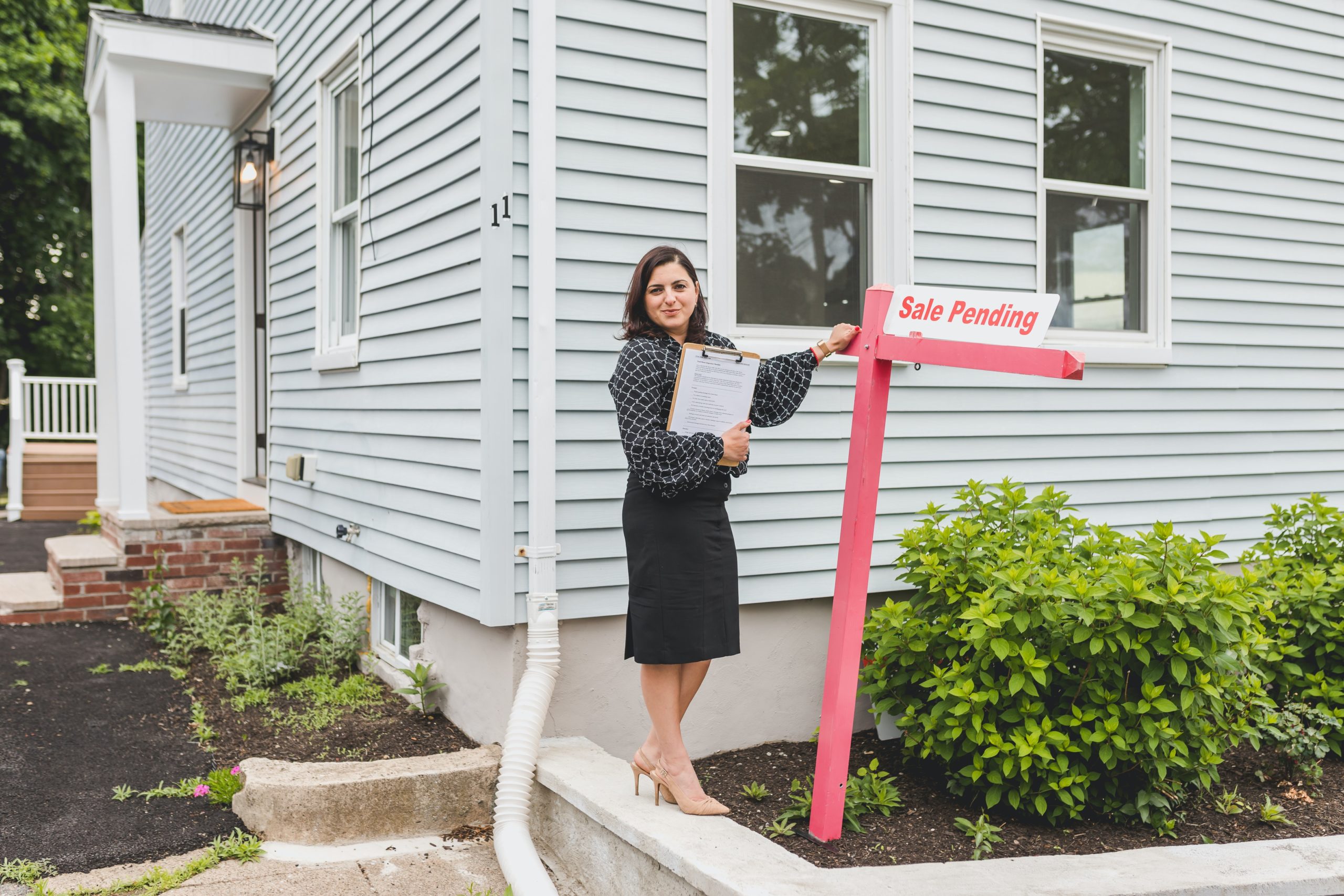Contact us today
 (954) 566-5678
(954) 566-5678
 (954) 566-5678
(954) 566-5678

If you know you will likely lose your home to foreclosure, you may be scrambling to find the best option to satisfy your mortgage debt and move on with your life. For many in your position, this means selling your home while in pre-foreclosure status. You need to understand the legal implications and have a lender willing to work with you to do this successfully. It would help if you also worked with a reputable foreclosure defense attorney in the Fort Lauderdale area to ensure your rights are protected throughout the entire process.
The purpose of selling your home while in pre-foreclosure is to help you maximize its sale value so that you can satisfy the debt owed to your lender. Up until your home is sold at a foreclosure sale, you still legally own your property and can sell it. But, before deciding to put your house on the market in South Florida, there are a few limitations involved that may make you rethink your decision.
Ideally, it would be best to speak with your lender before finding a buyer for your home. You need to satisfy your debt in full, so you must get them to agree that proceeds from the sale will meet your loan obligations, even if it sells short. This will prevent future short sale judgments against you where a court could order you to pay the difference between the selling price and the value of your loan.
One of the primary advantages of a pre-foreclosure sale is getting a clean slate if the bank agrees not to pursue you for any shortfall. This type of approach to avoid foreclosure won’t hurt your credit nearly as bad either, but there are some negatives to consider.
First, you won’t get to keep the home you’ve put so much money and love into. And, as mentioned above, your credit won’t get hurt nearly as bad, but it will take a hit. This is in addition to any missed payments you had outstanding, which also put a dent in your rating.
Secondly, you will have a more difficult time getting approved for other credit accounts, including future home loans. So again, this is why you should try to keep your home at all costs.
When avoiding losing your home through foreclosure and selling it instead, there are potential tax implications that could impact you. When you approach your lender about potentially short-selling your house in a pre-foreclosure sale, they may agree to forgive the difference. This forgiveness counts as taxable income according to the federal tax code.
For example, if you have a mortgage with an outstanding balance of $175,000 and sell your home for $125,000 in a pre-foreclosure sale, your bank would agree to forgive the remaining $50,000 debt you owe. However, this would also have to be reported on your annual taxes.
There are some exceptions, but most don’t want to file for bankruptcy and hurt their credit score to avoid paying taxes on a home they walked away from. Essentially, you should try to maximize the amount of money you get for your home when putting it up for sale while in pre-foreclosure status. This will help close the debt gap owed to your lender and future taxes you will have to pay.
If you know that you can’t keep up your payments on your home and have already received a notice of default from your lender, it’s time to take action now, not later. This means consulting with a knowledgeable foreclosure defense attorney about your situation and figuring out the best next steps to help you move on with minimal damage to your credit.
Trust Attorney Marc Brown to provide you with over a decade of experience in foreclosure defense. His years representing South Florida lenders make him the most intelligent choice when seeking aggressive legal representation to protect your home. To schedule a no-cost legal consultation regarding foreclosures and deficiency judgments, reach out to the law offices of Marc Brown now.